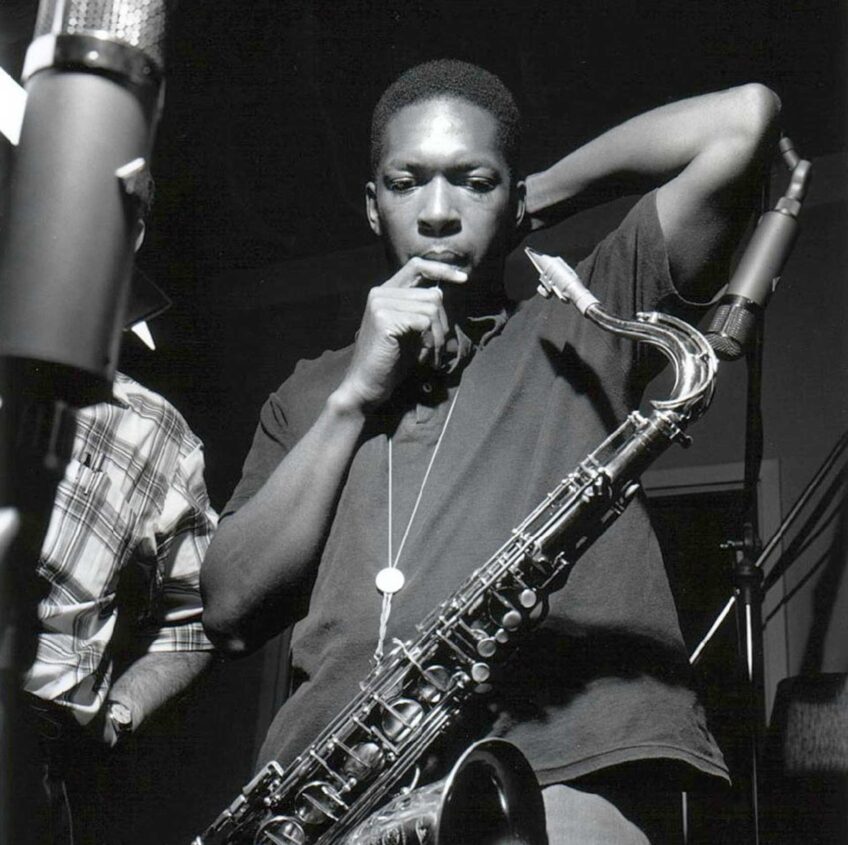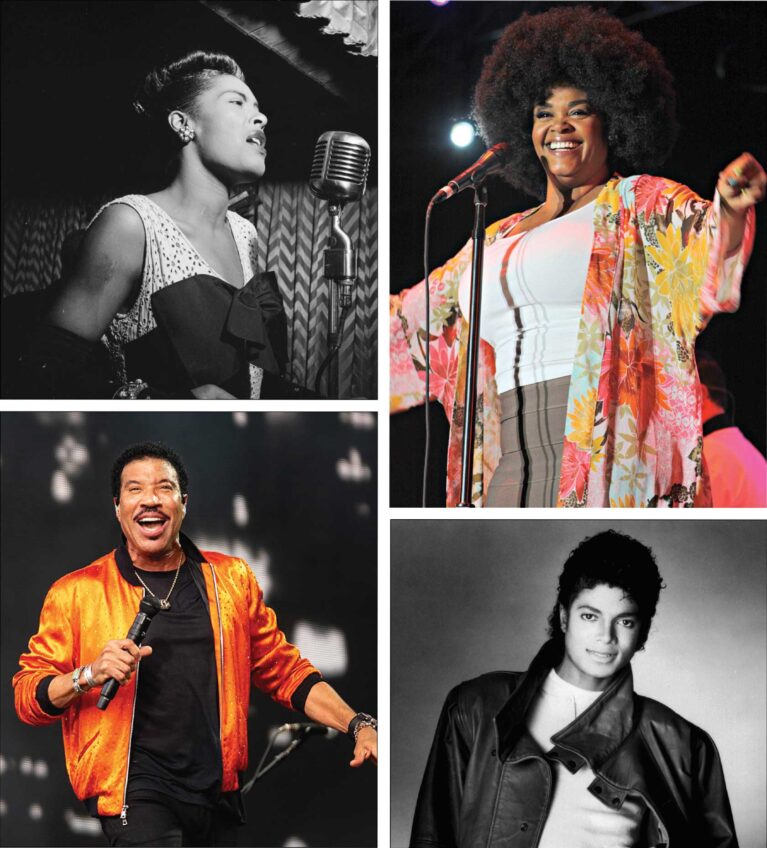The Jazz Urbane Cultural Commentary by Bill Banfield
Black music culture, with all of our literature, scholarship, poetry, visual arts, paintings and dance, is a treasure of incredible value and human achievement at every level.
Yet, with all the ways we show up, there are continuous examples of ways in which the political/social establishment dismisses Black accomplishments.
“This is precisely the time when artists go to work. There is no time for despair, no place for self-pity, no need for silence, no room for fear. We speak, we write, we do language. That is how civilizations heal, “ wrote Toni Morrison, in “No Place for Self-Pity, No Room for Fear.”
It feels as though there’s a conscious dismantling of our minds, hearts and souls.
Florida’s attempt to erase Black history from books and classes, then too to make cultural speculation (attacking the idea of being awakened, “woke”) is outrageous and minimizes our many notable achievements. That hateful and dismissive account does great damage to our culture, our country and civilization. It’s sickening our national soul.
The Supreme Court striking down affirmative action was politically harmful because it also struck down key discussions about the overtly racist and discriminatory practices that are embedded in our governance systems and hiring practices. Affirmative action served as an important mechanism for evaluating fairness in hiring, enrollment and general daily monitoring of social/cultural climates across the board.
It feels again like our presence does not matter. Black presence and cultural engagement have significantly impacted and defined our national identity in every facet of American life.
Another example is the recent uproar over Rolling Stone magazine co-founder Jann Wenner. His comments about his book and what he stated in a New York Times article were hugely problematic. His new book, “The Masters,” includes decades of interviews with rock legends such as Bob Dylan, Mick Jagger, John Lennon, Bruce Springsteen and Bono, all of whom are white and male.
When asked why he didn’t interview women or Black musicians, Wenner responded: “It’s not that they’re inarticulate, although, go have a deep conversation with Grace Slick or Janis Joplin — please, be my guest,” he told the Times.
“Of Black artists — you know, Stevie Wonder, genius, right? I suppose when you use a word as broad as ‘masters,’ the fault is using that word. Maybe Marvin Gaye, or Curtis Mayfield? I mean, they just didn’t articulate at that level,” Wenner said.
It’s ironic, because “Rolling Stone,” the name of the magazine itself, comes from an iconic song title created by Black musician Muddy Waters.
This kind of insensitivity disguised as normative is a soul cancer to all of us. In America, this is before us at every social juncture and meets us at the job, in education, in housing policy, in the music and marketing pumped at you when you pay your bills, when you go to church, when you stand in line to be counted for your vote. There are now powerful systems put in play created under the guise of American privilege and power that for centuries has denied people of dignity; that’s a social-political-cultural system in decay. It’s like 1,200 stabs at the heart of our nation’s core.
Cultural historian Tammy Kernodle writes:
“His controversial comments to the New York Times also raise a number of questions in regards to the objectivity and integrity of the entities that have defined his legacy and contribution to music culture — Rolling Stone Magazine and the Rock & Roll Hall of Fame.
For a number of journalists, music insiders, and historians who have been following Wenner and the organizations he helped found closely, his justifications for excluding Black and female voices from ‘The Masters’ was confirmation of what they have suspected for a very long time: Jann Wenner is a cultural gatekeeper, and for decades, has been engaging in cultural erasure through powerful organizations he has influence over.
This is a reasonable conclusion, given the ease with which Wenner revealed his contempt and disrespect for rock music’s Black and female voices, and the way Rolling Stone Magazine tried to minimize the impact of, and at times completely ignored, contributions to the genre that come from outside of Wenner’s preferred demographic.”
To combat such blatant disregard, it’s important to think about “the arts poetics” who have made a positive impact and continue to inspire the cultural core. We must “be woke” and never succumb to such a malicious cultural dismissal by the most politically vicious activity we’ve seen in decades. And they are not silent about their hatred and horrible hostility.
It’s important to highlight progressive cultural aesthetics that can fuel empowerment, to keep the jump on the haters.
Beyonce’s song “Pretty Hurts” is a good example of how music can be used to spread empowerment.
“…Miss Houston .. Ms. Third Ward, your first question, what is your aspiration in life? “Oh, my aspiration in life would be to be happy.”
… Ain’t no doctor or therapeutic that can take the pain away … It’s the soul that needs surgery.
This time I’m gonna take the crown. … But you can’t fix what you can’t see. It’s the soul that needs a surgery.
I think we have to do three things to help change the narrative:
- Jettison hate and create, meaning we will dismiss and destroy hate and replace it with love to grow.
- Create better channels among wider groups of committed people.
- Advocate for cultural ascension by being deeply committed to arts and humanities projects that produce and promote larger, deeper, powerful examples of the best we can all be.
In “How To Make Black America Better” Na’im Akbar writes:
“The ultimate effectiveness (power) of any group of people is the degree to which they have an awareness of who they are and respect for themselves. The instruments that facilitate this development are education, cultural images and celebrations that build a shared aesthetic, role models and the projection of cultural heroes and heroines.”
Our response to this should grow out of a deep love for the reservoir of great Black artists and thinkers who have seen all too frequently the attempts to hinder our beauty and power and erase our powerful presence. For far too long, they have tried to diminish our accomplishments, slow our children and keep our communities impoverished from resources, investment, justice and mutual common respect.
Let’s teach and engage with our Black humanities traditions listed in ways here, which stand deep and tall with projections of beauty, brilliance, boldness, and bountiful expressions of wisdom and creativity. These are the highest marks of any cultural people.
Join me next time as I dive deeper into what we can do to not only further our culture, but ensure that it will not be ignored or erased.






